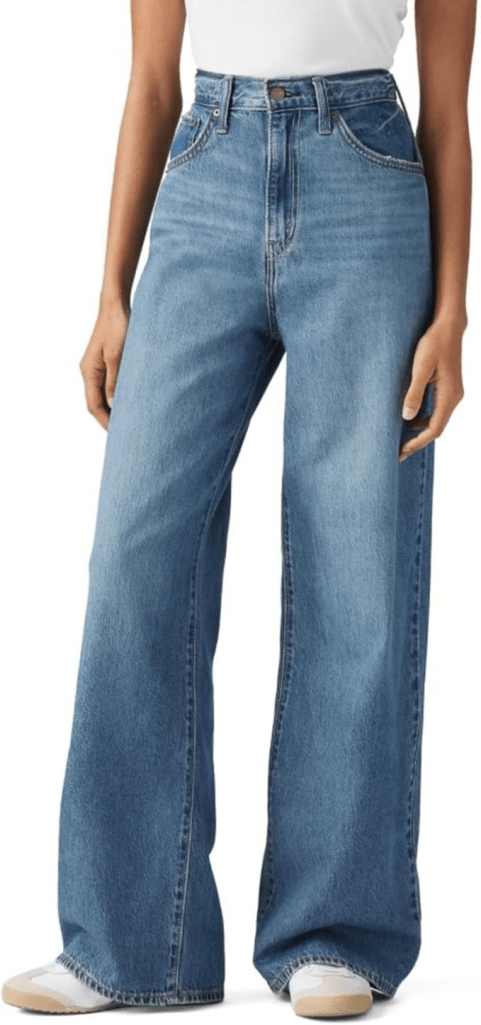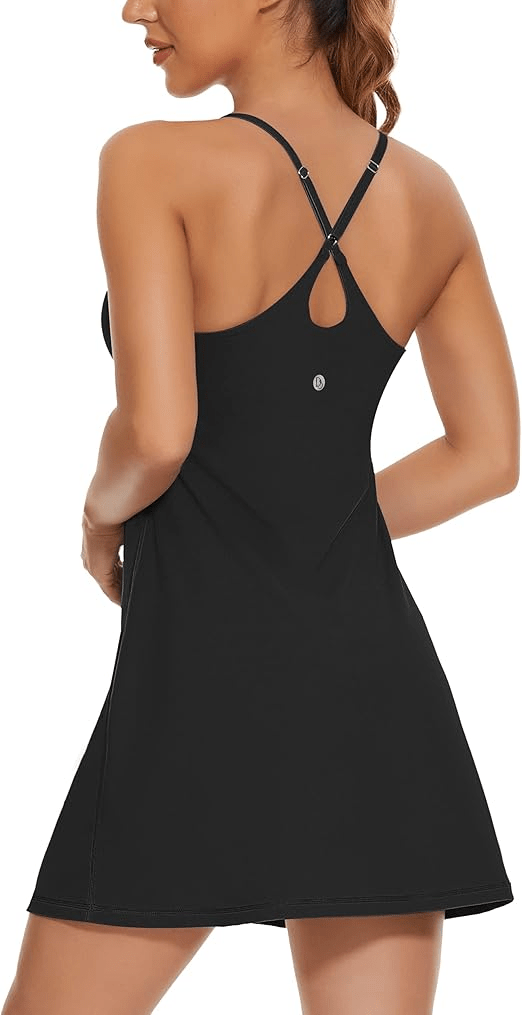- Ark's Newsletter
- Posts
- The Power of Choice
The Power of Choice
Choice is one of the most profound and defining aspects of human existence. It shapes our lives, influences our destinies, and reflects our values, desires, and beliefs. From the mundane decisions of what to eat for breakfast to the life-altering resolutions about career, relationships, or personal growth, the ability to choose empowers us to take control of our narratives. But with this power comes responsibility, complexity, and, at times, overwhelming paradox. The power of choice lies not just in the act itself but in how we wield it—and how it, in turn, shapes who we become.
The Essence of Freedom
At its core, choice is synonymous with freedom. It is the mechanism through which we exercise autonomy, distinguishing ourselves from mere passengers in life’s unfolding story. Philosophers like Jean-Paul Sartre have argued that humans are “condemned to be free,” meaning that even in the face of constraints—be they social, economic, or physical—we cannot escape the burden of making choices. This freedom is both liberating and daunting. Every decision, from the smallest to the grandest, is a declaration of who we are and what we stand for.
Consider the simple act of choosing a career path. Opting for a stable, conventional job might reflect a preference for security and predictability, while pursuing an unconventional passion—like becoming an artist or entrepreneur—might signal a willingness to embrace risk and uncertainty. Neither choice is inherently “right” or “wrong,” but each carries consequences that ripple through time, shaping not just the individual’s life but also their impact on the world.
The Paradox of Too Many Options
While choice is empowering, modern life has introduced a paradox: too much of it can paralyze us. Psychologist Barry Schwartz, in his book The Paradox of Choice, argues that an abundance of options can lead to anxiety, indecision, and dissatisfaction. When faced with dozens of cereal brands at the grocery store or hundreds of potential matches on a dating app, the sheer volume of possibilities can make us second-guess our decisions, fearing we’ve missed out on something better.
This paradox reveals a critical truth about the power of choice: it’s not just about having options, but about how we navigate them. The ability to discern what truly matters—to filter out noise and focus on our values—becomes a skill as essential as the act of choosing itself. In a world of infinite possibilities, the power of choice lies in knowing when to say “no” as much as when to say “yes.”
The Ripple Effect
Every choice we make sends ripples into the universe, affecting not only ourselves but also those around us. A parent’s decision to prioritize time with their children over a demanding job might foster a stronger family bond, while a leader’s choice to act with integrity—or deceit—can inspire or erode trust within a community. History is replete with examples of choices that altered the course of humanity: Rosa Parks choosing to remain seated on a Montgomery bus, or scientists choosing to pursue groundbreaking research despite skepticism.
Even seemingly insignificant choices accumulate over time. Opting to exercise daily instead of lounging on the couch builds habits that enhance health and discipline. Choosing kindness over indifference in a fleeting interaction might brighten someone’s day, setting off a chain reaction of positivity. The power of choice is magnified by its cumulative nature—what we decide today lays the foundation for tomorrow.
The Weight of Responsibility
With great power comes great responsibility, and choice is no exception. We are accountable for the outcomes of our decisions, whether intentional or not. This can be a heavy burden, especially when choices involve moral dilemmas or high stakes. Do we speak out against injustice, even if it risks our comfort? Do we pursue personal gain at the expense of others, or prioritize the collective good? These questions underscore that choice is not just a privilege—it’s a test of character.
Yet, this responsibility also offers redemption. Mistakes are inevitable, but the power to choose again—to learn, adapt, and grow—allows us to rewrite our stories. A single poor decision doesn’t define us; our response to it does. The ability to choose forgiveness, resilience, or change is a testament to the enduring strength of human agency.
Embracing the Power
To harness the power of choice, we must first recognize its presence in every moment. Too often, we drift through life on autopilot, reacting rather than deciding. Mindfulness—pausing to reflect on our options and their implications—transforms choice from a passive act into an intentional one. It’s about owning our decisions, even when the path forward is uncertain.
Ultimately, the power of choice is the power to create. It’s the artist’s brushstroke on the canvas of existence, the architect’s blueprint for a meaningful life. Whether we choose boldly or quietly, with confidence or trepidation, we are sculpting our reality. In a universe governed by chance and chaos, choice is our greatest tool to impose order, purpose, and beauty.
So, the next time you stand at a crossroads—big or small—remember this: you hold the reins. The power of choice is yours to wield. What will you do with it?
Based on the themes in the article “The Power of Choice”—such as decision-making, overcoming the paradox of too many options, and embracing the responsibility of choice—here are three relevant products available on Amazon.com that could help address these challenges:
The Paradox of Choice: Why More Is Less” by Barry Schwartz
Relevance: This book directly ties into the article’s discussion of the paradox of too many options leading to anxiety and indecision. Schwartz explores how an abundance of choices can overwhelm us and offers practical strategies to simplify decision-making and find satisfaction. It’s a perfect companion for understanding and overcoming the challenges of choice overload highlighted in the article.
Description: A revised edition of the bestselling book that synthesizes psychological research to explain why fewer choices can reduce stress and improve well-being.
Essentialism: The Disciplined Pursuit of Less” by Greg McKeown
Relevance: The article emphasizes the importance of discernment and saying “no” to navigate the abundance of choices effectively. Essentialism provides a framework for focusing on what truly matters, helping readers prioritize and make intentional decisions—key skills for wielding the power of choice responsibly.
Description: A highly rated book that teaches how to eliminate non-essential tasks and decisions, freeing up mental space for what aligns with your values and goals.
Thinking, Fast and Slow” by Daniel Kahneman
Relevance: The article touches on the complexity of choice and the need for mindfulness in decision-making. Kahneman’s book dives into the dual systems of thought—fast, intuitive thinking and slow, deliberate reasoning—offering insights into how we make choices and how to improve our decision-making process, especially under pressure or uncertainty.
Description: A seminal work by a Nobel Prize-winning psychologist that explores the cognitive biases and mechanisms behind our choices, blending science with practical takeaways.
These books address the challenges of choice overload, responsibility, and intentionality from the article, providing tools and perspectives to enhance decision-making and embrace the power of choice more effectively. You can find them by searching their titles on Amazon.com, where they are widely available in various formats (paperback, Kindle, audiobook).











From Rent to Freedom: How to Build Your Tiny Home & Live Off-Grid Paperback, Large Print, March 14, 2025


Looking for the perfect gifts or a little something special for yourself this season? Discover amazing products that will make your holidays unforgettable! Click here to explore now!
Your Closet Might Be Holding You Back—Fix It Now, Hardcover, Large Print, March 13, 2025

Affiliate Disclaimer:This article may contain affiliate links, which means I may earn a small commission at no additional cost to you if you click through and make a purchase. As an affiliate, I only recommend products and services that I genuinely believe will add value to your holiday season. Your support helps me continue to create helpful content—thank you!